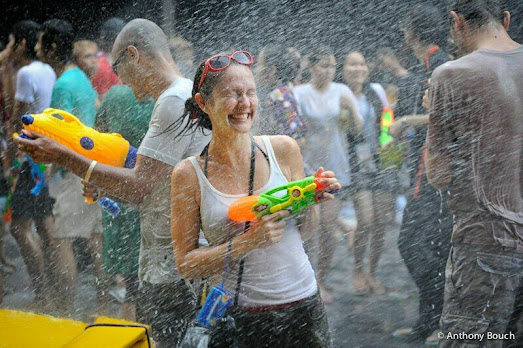In a bid to alleviate bottlenecks at immigration and stimulate tourism, the suspension of the TM6 form requirement for travelers entering Thailand has been extended until 30 April next year.
This move comes as the authorities continue to develop the Electronic Travel Authorization (ETA) system, which is anticipated to streamline travel processes further and could incorporate tourism fee collection.
The suspension initially began on 15 April and was set to end this week. However, the decision to prolong it was approved by the cabinet, aiming to enhance border crossing efficiency, reduce congestion, and bolster economic growth through increased tourist flow.
The TM6 form suspension covers 16 key land and sea checkpoints, including Aranyaprathet in Sa Kaeo, Chiang Saen in Chiang Rai, and Padang Besar in Songkhla.
Thailand's Ministry of Foreign Affairs is spearheading the development of the ETA system, which promises an online registration platform for tourists entering Thailand from 93 visa-exempt countries.
Upon registration, tourists will receive a QR code, allowing them to pass through automated immigration gates seamlessly.
Tourism and Sports Minister, Sorawong Thienthong, noted the potential benefits, stating that simplifying arrivals could boost daily Malaysian tourist entries to Songkhla by 50% compared to when the TM6 form was mandatory.
Despite the positive outlook, tourism experts express concerns over the need for new attractions in the Deep South to maintain momentum. While current attractions entice visitors for short stays, long-term tourism development requires fresh, appealing destinations.
Songchai Mungprasithichai, from Songkhla Tourism Promotion Association, emphasised efficient tourism fee collection. With at least 10,000 daily commuters via southern checkpoints, the focus remains on facilitating smooth travel while ensuring fees support new tourism ventures to enhance competitiveness and create jobs, reported Bangkok Post.
Source: ASIAN NOW























